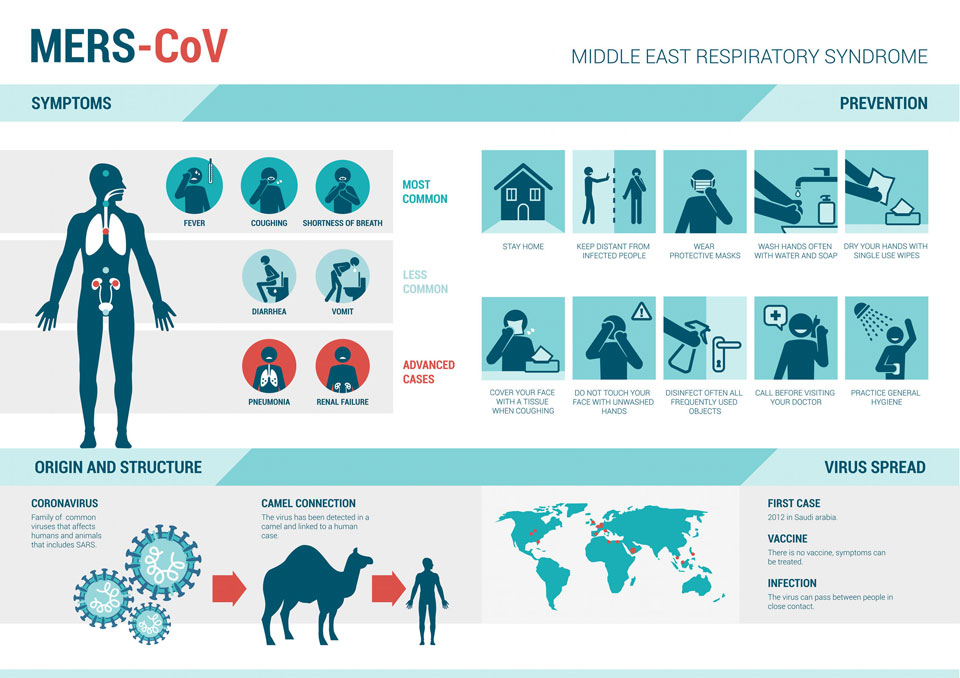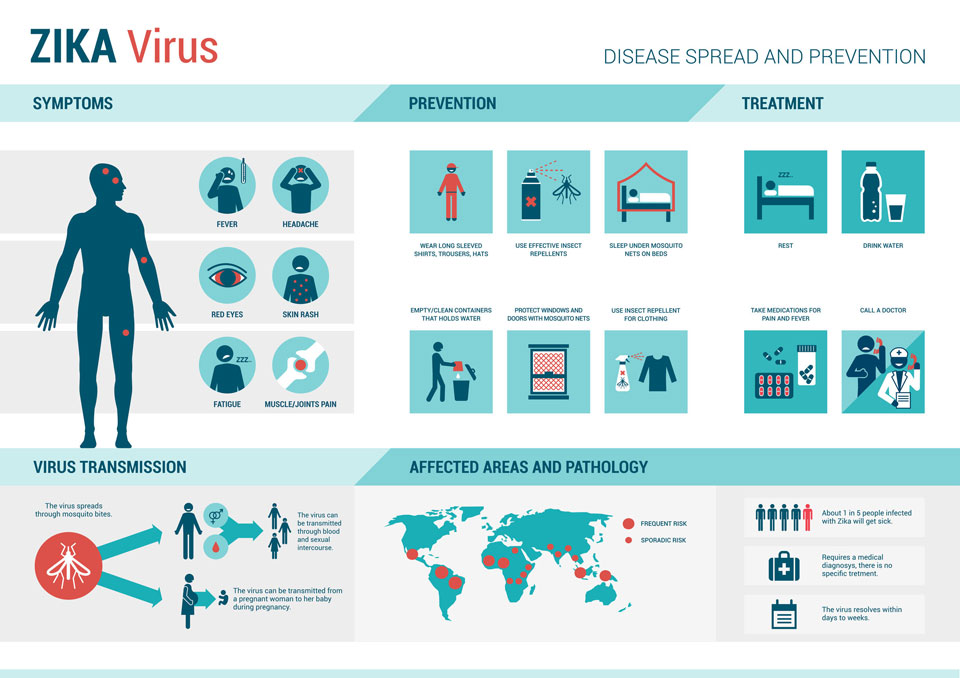If you sometimes worry that viruses and diseases will be around long after human beings disappear, you’re not alone. Even diseases and viruses for which cures, remedies and vaccines have been found can pop up again; mutated strains of original transmittable diseases that evolve and become resistant to medications.
It’s a conundrum – particularly for those who run marathons staged abroad in nations struggling with new or resurgent pandemics and outbreaks. Can you protect yourself? Knowledge is power, so avail yourself of as much information as possible to stay perpetually aware of risks you may face.
At the forefront of transmittable disease
Singapore’s Ministry of Health (MOH) leads the nation’s efforts to identify, combat and inform the public about transmittable and communicative diseases that erupt at home and abroad. The MOH is particularly vigilant about keeping tabs on Southeast Asia and our homeland.
Committed to reducing disease and keeping the public apprised about health threats, the MOH is made up of three groups and a web of integrated delivery networks, each of which is dedicated to keeping tabs on disease threats.
The MOH is particularly prepared in the event a pandemic breaks out. For example, Singapore experienced an outbreak of Severe Acute Respiratory Syndrome (SARS) in 2003. That was followed by the H1N1 influenza pandemic of 2009.
Both emergencies tested the nation’s coordinated response efforts to such threats, and adjustments were made in protocols to improve and speed up identification and care. These checks and balances may again be tested if these three virulent conditions seriously impact the nation’s health: Latent TB, MERS-CoV and the Zika virus.
What runners should know about Latent TB
There was a time in the not-too-distant past when the World Health Organization saw a decreasing number of nations reporting cases of Tuberculosis – known most commonly as TB. The airborne disease is transmitted by infected people in the form of nasally-expelled droplets.
Once the droplets land on a body, TB can attack the system; particularly the lungs. For people with compromised immune systems, the disease can be fatal if not treated immediately.
Singapore’s program to eradicate TB is aggressive. The MOH launched the successful Singapore Tuberculosis Elimination Programme (STEP) in 1997 and cases of TB were substantially reduced from 307 cases per 100,000 residents in 1960 to just 35 cases per 100,000 residents by 2007.

But the disease is back, and while healthy people can fight off the infection (only 10-percent of those with latent TB will develop full-blown cases), those vulnerable to any opportunistic disease are most at risk.
How can you make sure you don’t become a carrier or transmitter? Cover your mouth when you cough. Attend to low-grade fevers immediately. Report night sweats to your doctor, and if you start losing weight for no reason, find out what’s up.
The disease can manifest as chest pain and/or a cough that lasts for weeks. If you cough up blood, seek emergency care immediately. On the bright side, TB can’t be transmitted by sharing water bottles, eating utensils or kisses! Can wearing a face mask help if you worry about catching TB? You bet.
What runners should know about MERS-CoV
When Channelnewsasia.com broke the news that health authorities were dealing with 62 suspected cases of Middle East Respiratory Syndrome Coronavirus (MERS-CoV) a year ago, members of Singapore’s Ministry of Health sounded the alarm because the nation had been monitoring the disease closely since 2012.
What’s so frightening about MERS-CoV is its incubation period: a runner could be infected and not show symptoms for up to 14 days. Imagine a large international marathon taking place in Singapore and the risk of spreading MERS-CoV over a two week period if even one runner has contracted this dangerous virus.

Acting proactively the moment those 62 cases were reported, the Singapore government moved swiftly to isolate patients. Personnel at all institutions caring for these patients donned state-of-the-art infectious disease gear that included N-95 masks, gowns and gloves.
Health professionals swiftly instituted procedures and practices that contained the suspected MERS-CoV outbreak. As it turns out, this story had a happy ending: All 62 cases proved non-MERS-CoV-related, but the experience served as an excellent preparatory exercise should a mass outbreak occur down the road.
As a runner, you can’t do much about the people with whom you share an adjacent seat on an aeroplane, but you can congratulate yourself on following a healthy lifestyle, because the healthier you are, the less likely you will be struck severely if you happen to come into contact with MERS-CoV and begin to exhibit the flu-like symptoms that identify this virus.
Above all, if you compete in an area that has already been designated a MERS-CoV hot spot, exercising personal responsibility by employing good hygiene practices will cut your chances of disease contraction. Repeated hand washing alone helps a lot!
What runners should know about the Zika virus
The Zika virus, transmitted by at least one species of mosquito, is a newcomer to the infectious disease scene, so when the first Singapore patient presented himself at Mount Elizabeth Novena Hospital with mild symptoms that included a rash, muscle aches, a headache and sore muscles, he was almost dismissed by the attending physician — until the doctor overheard the patient say he had just returned from Brazil.
Blood tests confirmed Singapore’s first official case of Zika and the patient made a full recovery because his general health was good.
Since the world medical community already knows how Zika is contracted, Singapore’s National Environmental Agency (NEA) had already put into practice one of the most aggressive mosquito abatement programmes in Southeast Asia.
Health officials inspected more than 700 premises, destroying insect breeding habitats and instituting a “remain vigilant” program aimed at the populace. That stated, a second type of mosquito has just been identified as a potential second Zika carrier.
If this proves true, contagious disease experts will investigate other mosquito species.
Since the Zika virus incubation period runs from three to 12 days, runners with flu-like symptoms should not be ignored and medical community-recommended insect repellents are a runner’s best defence, though long sleeves and long pants can also act as protective measures.
How would you protect yourself from transmitted diseases yet continue to enjoy the sports that you love?






